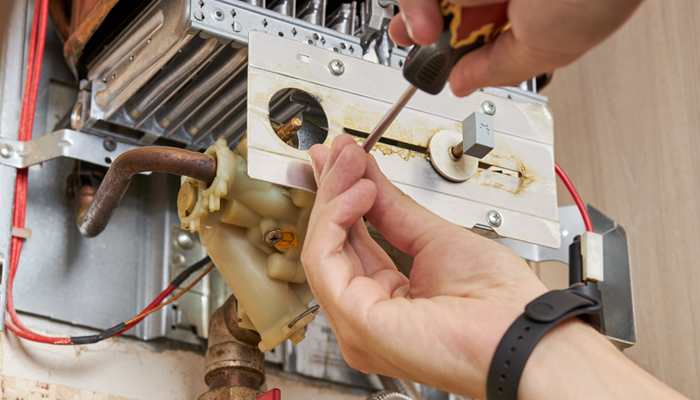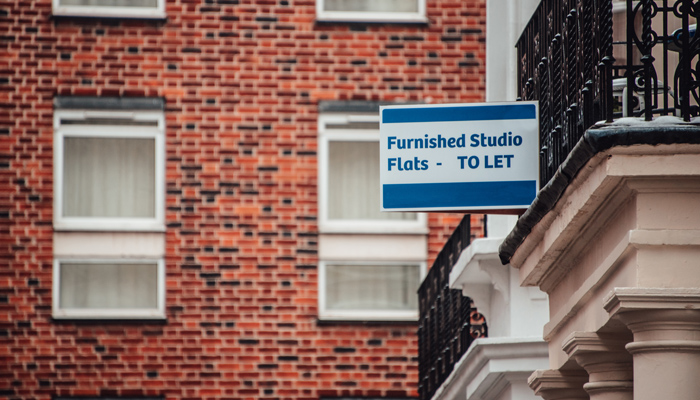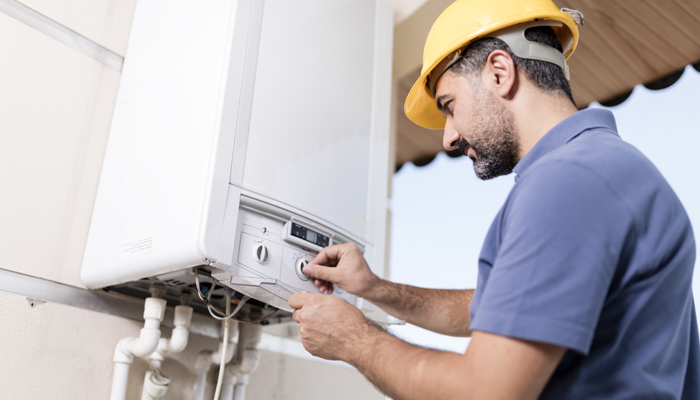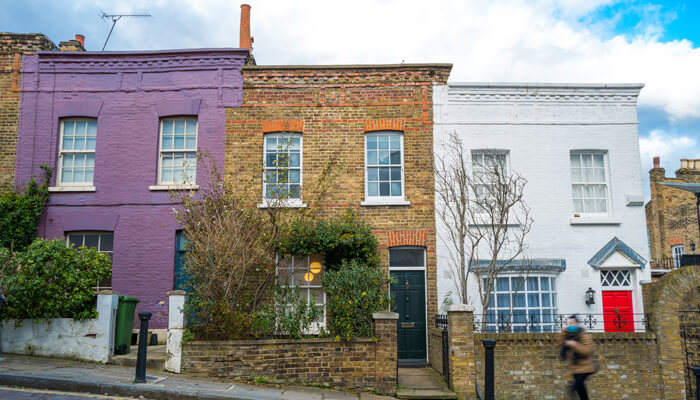How to Become a Landlord
Becoming a landlord is an exciting but daunting experience. There are lots of considerations to take into account before you let out a property. To assist you, we’ve pulled together a beginner’s guide on how to become a landlord.
Where should I purchase my buy to let property?
The first thing you should consider when deciding whether to become a landlord is choosing the location for your buy to let property. For some, this decision will already be made, for instance if you have inherited it.
However, for those looking to buy property with the intention of letting it out, you should consider how you would prefer to manage the property. Do you want to manage it yourself? If so, picking a location that is local to you could be more suitable.
If you are open to buying a property out with your local area you want to invest in, you will need to do thorough research. A few questions to consider: is there a tenant demand? Have you considered capital gain, also known as capital appreciation or growth? Which areas are known to have promising rental demands and yields?
How is rental yield calculated?
Speaking of rental yield, it is important to know how to calculate percent yield. Calculating rental yield is useful for landlords as it allows them to monitor the value of their investment. By calculating rental yield, you can determine what you will need to charge for rent in order to make your investment worthwhile.
Working out the rental yield for a property is very simple to do. Simply divide your rental income by the property value and then multiply it by 100 to get your rental yield expressed as a percentage. You can also use online rental calculators to assist you.
How do I decide how to buy the property?
Once you have decided on the property you would like to purchase, you should consider how you are going to buy the property. Would you like to purchase the property in your own name or through a special purpose vehicle (SPV) limited company?
The legislation on mortgage relief has now changed for buy to let properties. Landlords who buy in their own name can no longer deduct any of their mortgage expenses from their rental income to reduce their tax bill. Instead, they now receive a tax-credit based on 20% of their mortgage interest payments. This is less generous than the old system for higher-rate taxpayers, who effectively received 40% tax relief on mortgage payments.
This new legislation was phased in gradually starting in 2017 and has resulted in many people choosing to set up a limited company. In theory, by setting up a business that owns its rental properties, landlords will be able to continue to declare rental income after deducting the mortgage interest. However, mortgage rates for limited companies tend to be more expensive than for private landlords, which could cost more than you'd save in higher tax relief.
Finally, if you incorporate, your taxes will become more complex. Instead of paying income tax on your rental income, you'll need to file taxes for your business and pay corporation tax on your profits.
Please note that if you have inherited the property, the above won’t apply.
Do I need a landlord licence?
As per the government’s guidance, depending on the type of property you intend to let out, you may need a licence. HMO licences are different to selective licences, and different areas have different regulations, but all will require you to complete forms and show evidence that you are a fit and proper person.
What certificates do landlords need?
The legislation surrounding landlords and properties varies hugely between county and type of let. Make sure to do thorough research for the laws and regulations that apply in your country. There are several certifications that are mandatory to ensure the safety of your tenants and protect you as the landlord. These include but are not limited to:
Energy Performance Certificate (EPC)
You will need to have an EPC. The certification is valid for 10 years but new legislation, beginning in 2025, will require any newly rented properties to have a rating of at least a C, and any existing tenancies will have until 2028 to do the same. The changes are being put in place to ensure energy-efficient homes meet the government net-zero carbon targets and failure to comply can result in fines of £5,000.
Electrical Safety Certificate
You also need an electrical safety certificate that has to be renewed every five years, known as an EICR (Electrical Installation Condition Report). The electrician will test and inspect the fixed electrical installations in the property. For example: wiring, plug sockets, light fittings, fuse boxes, electric showers and extractor fans. They can make any immediate hazards safe before they leave your home.
Gas Safety Certificate
It is a legal requirement to arrange a gas safety inspection prior to the arrival of the new tenants. A valid Gas Safety Certificate must be given to the tenants at the beginning of the tenancy. This must be done annually by a certified ‘gas safe’ engineer.
Fire safety checks
The government mandates several fire safety checks for all landlords. For more information see the Fire Safety Order (FSO) on the government’s website.
Legionella Risk Assessment
Additionally, all landlords must conduct a Legionella Risk Assessment by a trained professional.
Read more about what certificates landlords need to provide
How do you intend to find tenants?
The initial stages of becoming a landlord can prove stressful especially finding a suitable and trustworthy tenant. Attracting tenants can be costly and time-consuming so will need to be factored into your plans. Creating a solid marketing strategy can be the difference between finding a tenant and not. Just think, no matter how beautiful your property is, it will not sell if no one knows about it. You should consider investing in professional photos to accompany your website listing(s).
As well as the marketing costs, you will need to decide who will show potential tenants around if the property is not local to you or you are unavailable.
What do you need to do when you have tenants?
Great news! You’ve found a suitable tenant. These are a selection of things you will need to do undertake to comply with landlord regulations:
- Tenancy checks - Once you have tenants, you need to conduct tenancy checks to make sure that they can afford and possibly arrange a guarantor agreement. This is common if you are renting to students or young people without established careers.
- Tenancy agreement - You need to provide a tenancy agreement which outlines the obligations of both parties.
- Inventory - You need to undertake an inventory and list all items and the condition they’re in before getting the tenants to sign.
- Deposit - You also need to take a deposit and lodge it with one of the government deposit protections schemes. There are three different registered schemes for England/Wales (Deposit Protection Service, MyDeposits or Tenancy Deposit Scheme) and a separate TDP scheme for Scotland/Northern Ireland. At the end of the tenancy, you can request deductions for any damage.
- Property information pack - You also need to provide a property information pack with details on property, equipment and what to do and who to contact about repairs. Consider including the government’s ‘How to rent’ checklist so your tenants have a clear understanding of the agreement and both of your rights.
- Accounts - You then need to keep records of all income and expenses relating to the property and use that to complete your tax return. For tips on completing your tax return, read our guide here.
Landlords insurance from Towergate
We provide landlord insurance for a wide range of properties and tenants including multi occupancy, students, local authority placements, unoccupied and much more. See our landlord insurance page or call 0333 060 0915 for more.
Commercial property insurance from Towergate
We can offer cover for a range of commercial properties from our trusted network of leading insurers.
You can place just one commercial property or a whole portfolio under one policy, including standard and unoccupied residential and mixed-use buildings.
Get a commercial property insurance quote, call us on 0330 828 0512 or request a callback.
About the author
 Alison Wild BCom (Hons), FMAAT, MATT, Taxation Technician is a highly respected industry professional who has been working with and advising SMEs in areas including tax, pensions, insurance and marketing for over 25 years. She is a member of the Association of Accounting Technicians (AAT) and Association of Tax Technicians (ATT) and also has 20 years' experience as a residential landlord.
Alison Wild BCom (Hons), FMAAT, MATT, Taxation Technician is a highly respected industry professional who has been working with and advising SMEs in areas including tax, pensions, insurance and marketing for over 25 years. She is a member of the Association of Accounting Technicians (AAT) and Association of Tax Technicians (ATT) and also has 20 years' experience as a residential landlord.
Date: October 13, 2023
Category: Landlords












